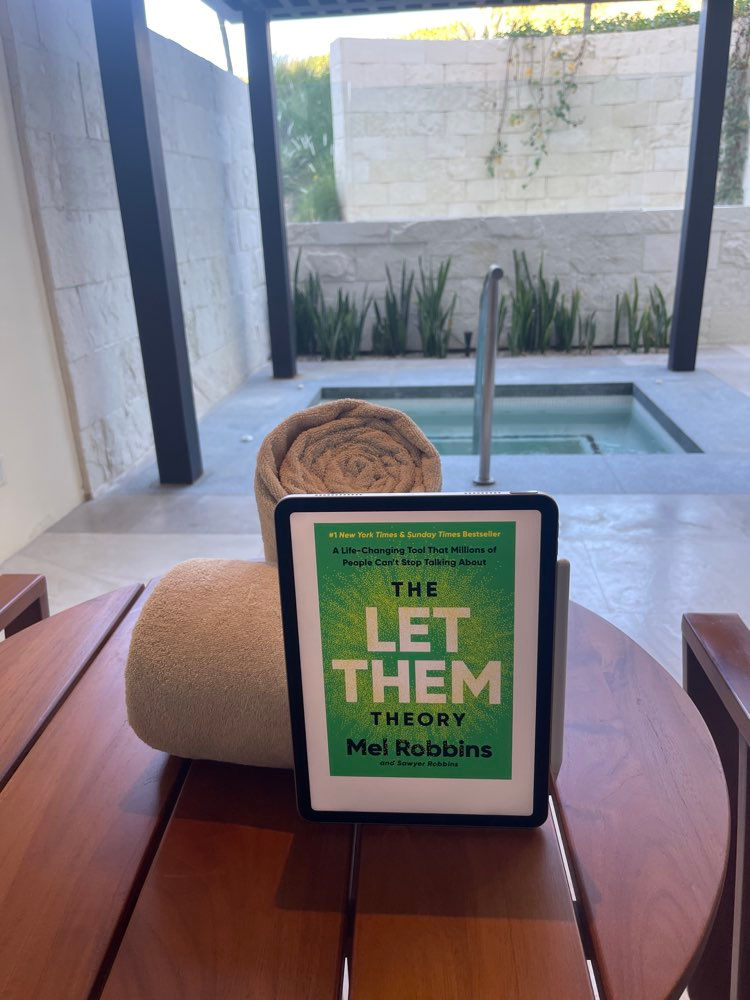Speak, Okinawa
- The Spine Down

- May 4, 2021
- 3 min read
Updated: May 5, 2021
Title: Speak, Okinawa: A Memoir
Author: Elizabeth Miki Brina
Genre: nonfiction memoir
Add on The Story Graph

Summary: In Speak, Okinawa: A Memoir, the author Elizabeth Miki Brina, who is a biracial Japanese American woman, shares her life experiences growing up in white spaces and her journey to embrace her Okinawan heritage. The themes that stood out to me most throughout the book were self-identity, parent-to-child relationships, and culture.
Thoughts before reading the book: I love memoirs! They are so real, raw and I always learn something new. I was interested in learning about a culture different from my own and getting a glimpse into an Asian American coming of age story.

Thoughts after reading the book: Speak, Okinawa did not disappoint! It was real, raw and I learned about Okinawa history and traditions.
Early in the book, I learned that Elizabeth grew up in Fairport, which is a suburb of my hometown Rochester, New York. Seeing that she was a true Rochesterian by the way she described landmarks, businesses, and Rochester’s gloomy skies I developed more of a personal interest in learning her story.
Self-Identify
I appreciated Elizabeth's brutal honesty as she described her feelings around her self-identity growing up. Elizabeth spoke about her desire to get as close to whiteness as possible. She spoke of how much she hated being among the 1% of “other” growing up during the ’80s in Fairport, NY. She spoke about how she was taken advantage of by boys and her female friends just to feel desired. The hardest stories for me to get through were about how embarrassed and uninterested she was in her mom because she was the furthest thing from the whiteness she desired.
Relationships
Elizabeth’s father was an American soldier who met her waitress mother at a nightclub in Okinawa. He saw her as someone who was vulnerable and needed guidance. Her mom saw him as an opportunity to a better life. He didn’t know Japanese, she didn’t know English. They couldn’t have been more different, but they stayed together, had a unique love for each other and they loved Elizabeth.
I was able to relate to Elizabeth's relationship with her father and the "daddy’s girl" tendencies of admiration, respected, him being a protector, and the peace you feel when he tells you that everything will be okay. However, I sometimes questioned his protective tactics. Later in the book, Elizabeth also questions if power and control played a part in her father’s obsession with protecting her. Nonetheless, I can’t deny that he loved and wanted the best for her.
I cringed through many of the stories about Elizabeth's relationship with her mother. Her mother was the piece of her that was “other” and the part of herself that she wanted to forget. I’m glad that as she got older and matured she was able to connect with her mother more and start to embrace her Okinawan heritage. It was beautiful to watch their relationship blossom.
I enjoyed seeing how the 3 of their relationships transformed over time. My favorite part of the book is in 2015 when Elizabeth travels to Tokyo with her parents and visits the places her parents visited on their honeymoon in 1975. I loved that this time around, Elizabeth was able to appreciate her heritage, her history, and her truth.
Culture
Okinawan history were shared throughout the book. You learn how at the hand of Japan and America, Okinawa turned from beautiful land to concrete and McDonalds. Elizabeth reflected on how she never learned about America’s part in the killings, the rape, and destruction of Okinawa in her school textbooks. Typical whitewashed American history...
Elizabeth talked about the apologetic culture of the Okinawan people and how humble, gentle and grateful they were. I hope that all of the apologies Elizabeth offered up to those she hurt were heard and received by those who needed to hear them. I hope that through her self-identify journey, through her transforming relationships with her parents and through her cultural discovery, she is able to forgive herself of all of the shoulda, coulda, woulda's.
- Maya & The Spine Down











Comments